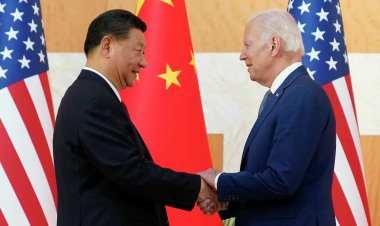3 Challenges facing investment in Africa

Many experts and businessmen expected that investors would achieve great results in their movements on the African continent, given that the countries of the continent possess multiple natural resources and a large number of manpower.
Some countries have also facilitated investment procedures within investment laws specifically developed to attract international capital and major companies to help people and countries of the continent.
Challenges of foreign investments in Africa
Over time, most foreign investments in African countries have become vulnerable to many challenges, including:
1- Conflicts and movements of armed groups, which targeted foreign companies and major investment projects, as a result of which investors lost a lot of money and their companies and projects, which were considered a source of livelihood for a large number of poor families in most countries, were subjected to destruction, damage and huge losses.
2- Military coups in West Africa and armed conflicts in large parts of the continent’s countries caused by armed groups.
3- One of the most important reasons for the flight of foreign investment from several regions after suffering major losses due to poor security conditions and instability in various regions and repeated attacks on some investment projects, and the remaining investors tried to exit with minimal losses by selling some assets, even at low prices that may not cover the capital. To avoid total losses.

Regions in East Africa have witnessed various movements during the past stages that led to the flight of even African capital to other regions of the world that were more stable, and they achieved multiple successes in them, and they could have been beneficial to the African person and may work to develop some regions and their renaissance.
These moves may face African governments in the future, which are required to achieve relative stability to ensure the arrival of global capital and the stability of African investors in their countries, who, if welcomed and encouraged, could be one of the pillars of the development of the African economy.
In Africa, we are still in dire need of study centers and experts working to study how to create a stable environment for foreign investment in it by providing protection for institutions and compensating them if they are exposed to any significant challenge during the periods of events and conflicts that afflict the region from time to time.


 Shrouq
Shrouq 












